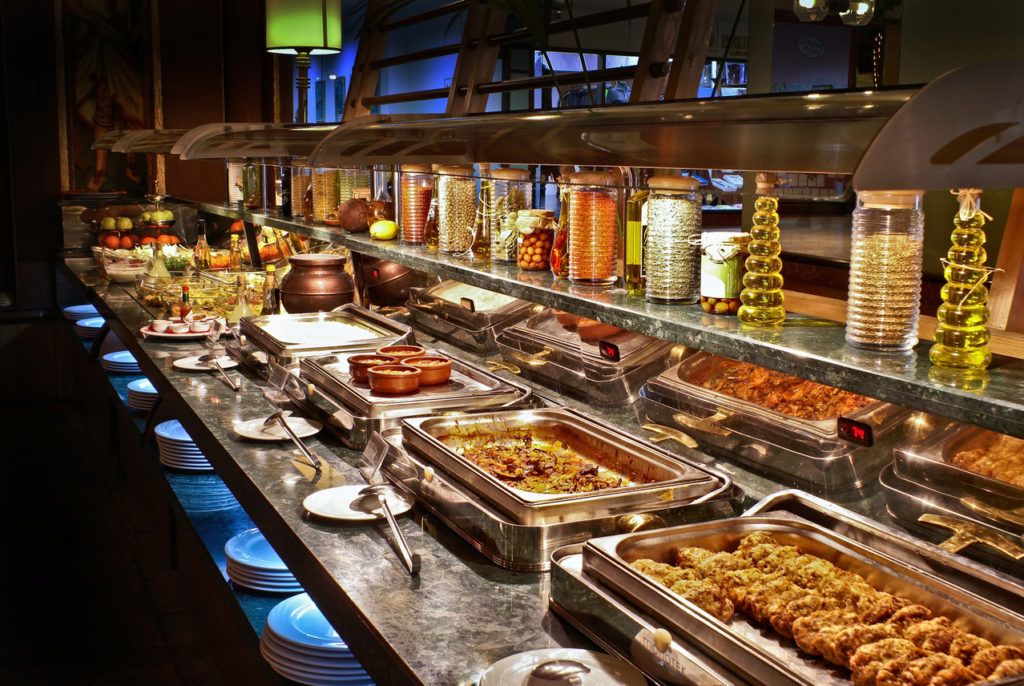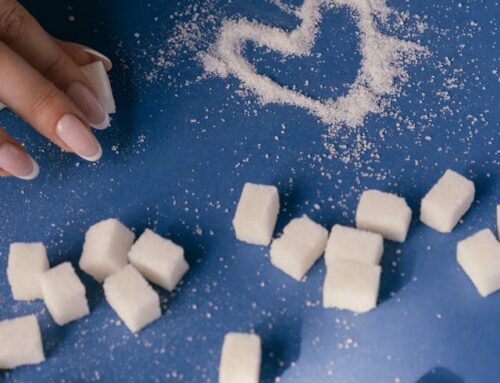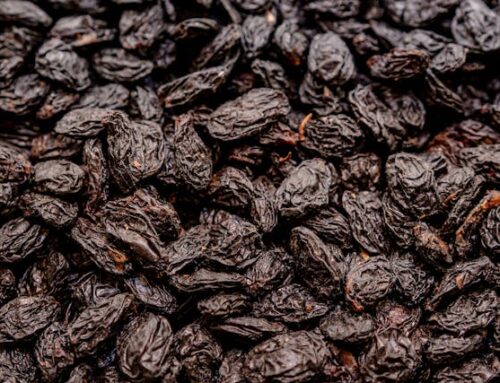 Overeating can lead to health problems such as: metabolic syndrome, heart disease, stroke, type II diabetes, and even some forms of cancer. Most of us are aware of these health risks as we sit down for our meals. Unfortunately, we may not have been aware of the overall risk for our planet.
Overeating can lead to health problems such as: metabolic syndrome, heart disease, stroke, type II diabetes, and even some forms of cancer. Most of us are aware of these health risks as we sit down for our meals. Unfortunately, we may not have been aware of the overall risk for our planet.
I have a fairly consistent diet. Week to week, most of my meals look pretty much the same. Some days I eat more calories, whereas other days I use intermittent fasting and consume lower calories. Usually once a week I will have a cheat day where I may eat more calories than I should.
Is it ok to eat all those calories in one day? There have been rumors of Micheal Phelps eating nearly 6,000-10,000 calories a day while training for the Olympics. Is his overeating hurting his health? Probably not, but I bet he didn’t think about what it is doing to the planet.
Overeating is just a part of the problem
What about all of the food we are wasting? Is it better for us to be overeating than it is to waste food? Food waste leads to the same problems as overeating. Eating more food, or wasting more food, leads to the same results: needing more land and water. The production of this amount of food also causes more greenhouse gases. Researchers are estimating 240 billion tonnes of CO2 is being released just off of food waste alone. Most of this destruction comes from farmed animal products.
Dr. Mercola has a free e-guide on how to promote regenerative farming. This helps replenish the vital nutrients back into our soils. Learning how to grow our own organic fruits and vegetables will help decrease the need for industrial farming.
We can all take part in saving our planet. It starts by making small choices and as a result we can make ourselves, and our planet, much healthier.
Dr Spencer Charlet
Mooresville Chiropractor
704-663-7625
read here for full article about ecological costs of overeating






